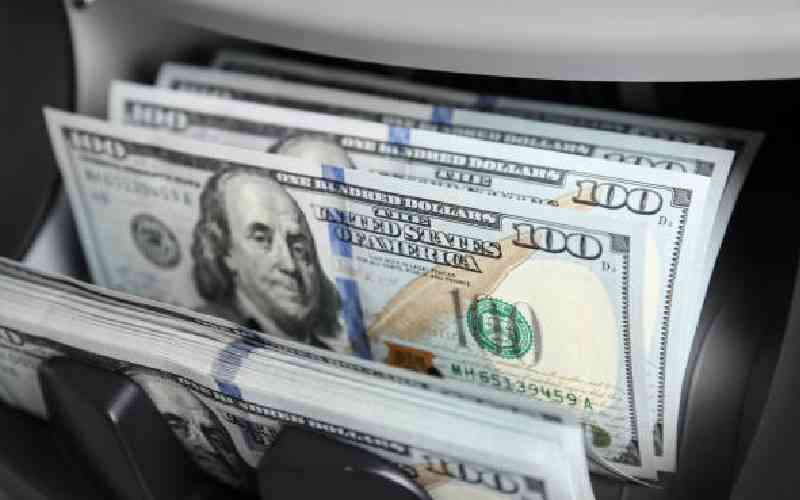×
The Standard e-Paper
Join Thousands Daily

Kenyans are staring at a fresh round of shortages and price hikes of essential commodities such as petrol, food and pharmaceuticals amid a biting shortage of foreign exchange.
Private sector players, including importers and manufacturers, are already reeling from an unprecedented dollar shortage, a situation they say has worsened in recent weeks and could see their operations grind to a halt if unchecked.